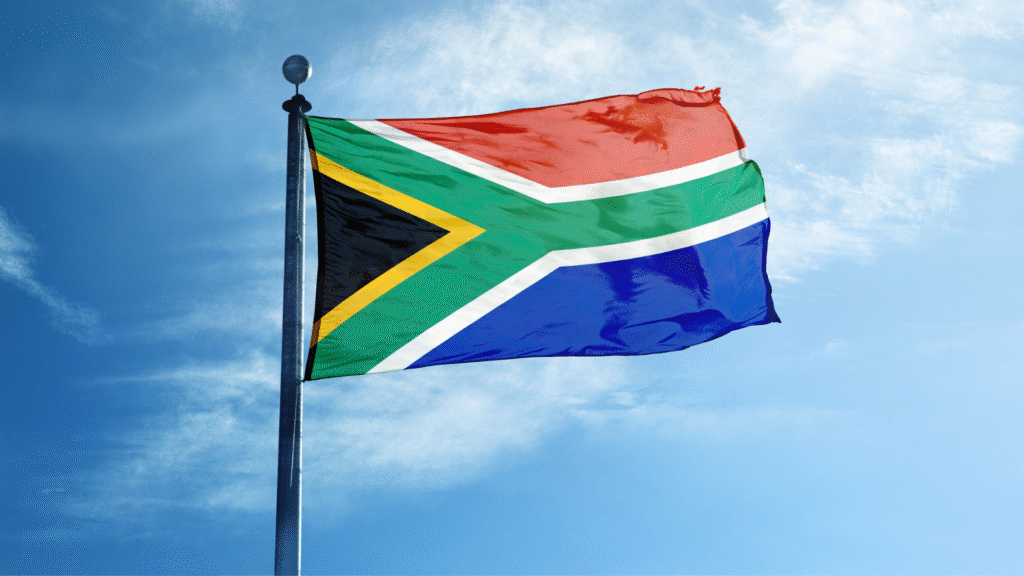

On 23 May, the Independent Communications Authority of South Africa (ICASA) published an amendment to Annexure B of the 2015 Radio Frequency Spectrum Regulations in Government Gazette No. 48643, effectively opening the use of the lower 6 GHz band for Wi-Fi services.
The fact that Wi-Fi services now have access to the lower 6 GHz band will increase the availability and adoption of Wi-Fi services, enabling faster data transmission, lower latency, and increased data throughput.
ICASA’s decision has been necessitated by the need to make substantial amounts of spectrum accessible for these technologies, distribute spectrum effectively, foster innovation, and ensure that regulations are developed in line with existing and emerging technologies aimed at revolutionising South Africa’s electronic communications sector.
As the 6 GHz band is quickly emerging as a key enabler for broadband connectivity globally through license-exempt use, making the lower 6 GHz available for Wi-Fi/RLAN deployment supports South Africa’s national broadband plan (SA Connect), as well as its goals of facilitating socio-economic growth and development.
Equally, there is significant interest in the upper 6 GHz band (from 6,425-7,125 MHz) by the mobile, satellite, and Wi-Fi/license-exempt industries. The upper 6 GHz band is being considered at the next International Telecommunications Union’s World Radiocommunications Conference (WRC) in 2023 for International Mobile Telecommunications (IMT) and the commercial use of mobile broadband applications using mobile technologies. This is already causing much debate between the two industries.
Identifying the upper 6 GHz band for IMT in South Africa presents the following risks:
- Potentially harmful interference to existing services in the band (e.g., Fixed Services, Fixed Satellite Services, Radio Astronomy, and Earth Exploration Satellite Services).
- Weaken the full development and availability of the licence-exempt device ecosystem.
- Failure to generate the intended impact due to current and persistent electricity loadshedding, resulting in infrastructure failure and service/connectivity disruptions.
While the decision by ICASA to release the lower 6 GHz band for Wi-Fi services has been commended by the Wi-Fi services industry, there is substantial international interest in developing the entire 6 GHz band (5,925-7,125 MHz) for Wi-Fi or license-exempt services.
Balancing the interests of various sub-sectors within the industry will be important for the government of South Africa as it aims to provide affordable Internet connectivity, foster innovation, connect rural and underserved areas, and guarantee the future of the country’s digital transformation.
Should you wish to engage or gain insights into regulatory and policy developments in the telecommunications, tech, and digital space in South Africa and the African continent, please contact Wydeman Coetzee at [email protected] and Jan Magoro at [email protected].
